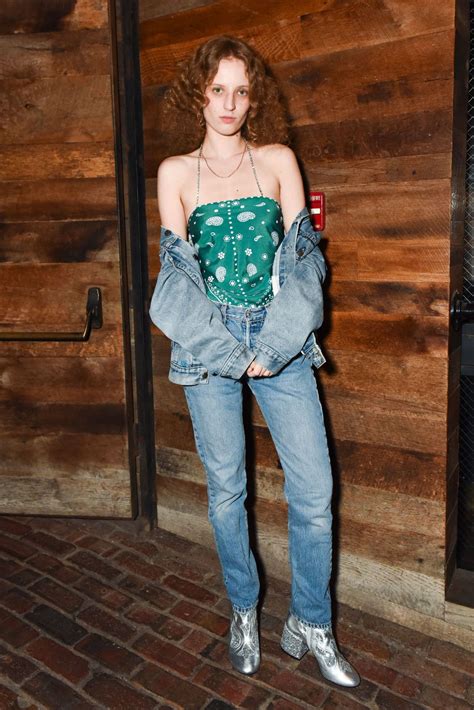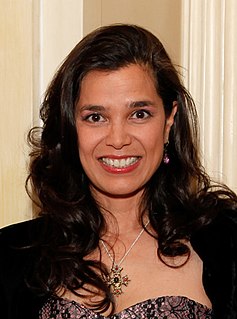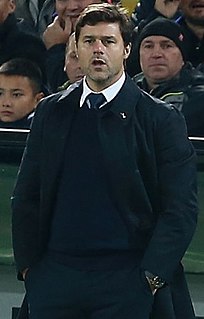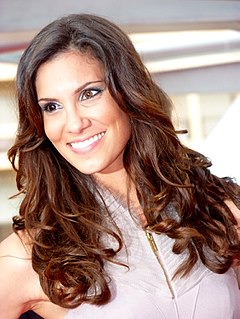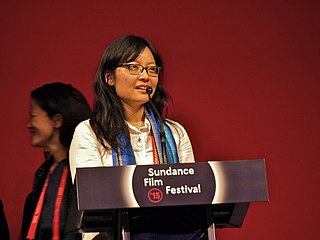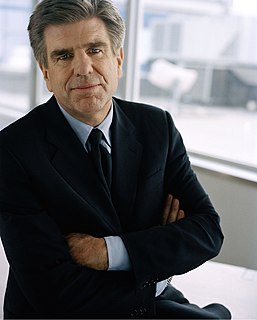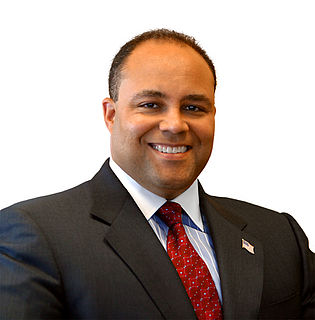A Quote by Petra Collins
When I was 16, I created this online platform for female artists. I messaged women who I loved; that's how I got work and connected with people. You don't need to plead for entry into a system that doesn't want you anyway.
Related Quotes
I love knowing and learning about people around the world displaying my art online. Also, it's how I learn about new artists that are in various parts of the world. The positive thing about Tumblr and Instagram is that they're a fantastic platform for art lovers. I also like, when I search for my art and it says, "see also or related artists," and I see those other artists that relate to me, at least according to the internet. I think it's fascinating - it's interesting to see hashtags people are using in relation to my work. It's another tool of communication.
As conscious adult women, we need to instill a different value system. Actually, it is an innate value system. We need to tell the world that being compassionate about other people does not make you weak, and it is not intrinsically a female trait. It is a trait of the evolved human being, and it is a trait that we need to hold up as something of great worth. As women, we need to promote that, emphasize that, and nurture that. This is part of what we are doing with Global Girl Media.
We need more female directors, we also need men to step up and identify with female characters and stories about women. We don't want to create a ghetto where women have to do movies about women. To assume stories about women need to be told by a woman isn't necessarily true, just as stories about men don't need a male director.
Female directors really do need to support each other. Too many times I've been led to believe that my direct competition was other women, as if there can be only a handful of successful female filmmakers a year. That conversation, that perception, needs to change. Women are the people who have helped me make films I love, and I want to be that kind of strength to other women.
That's the only interaction I have with people, those talking shows. Most of the people in my phone book are artists, management, producers, engineers. I don't ever call people with, "Hi! How are you?" I say, "How are you? Do you have that 16/30 ready? When do you want me to come into the studio?" That's what I do.
